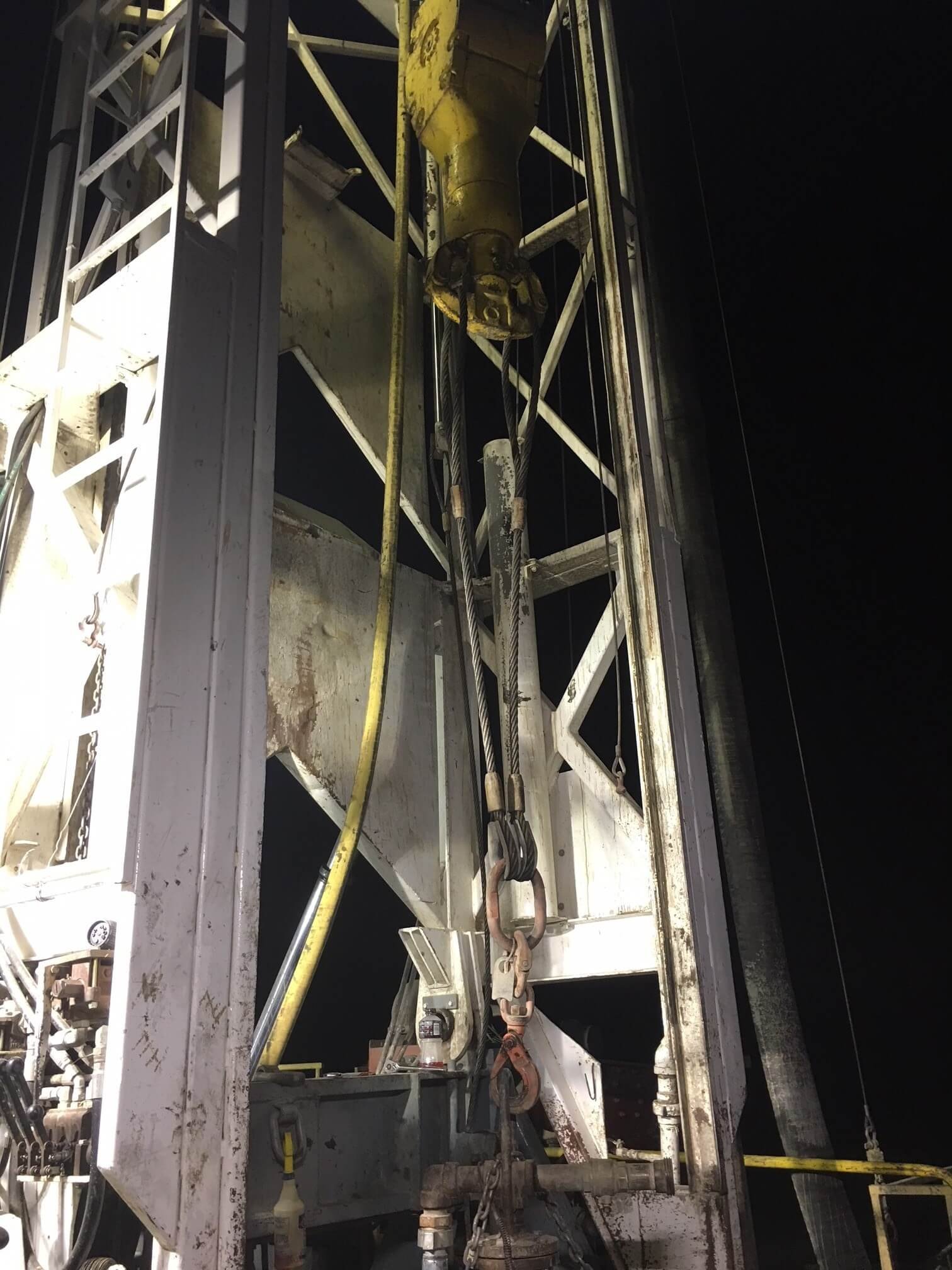Blog

Issues That Can Occur While Drilling Wells
“There are no perfect drill holes, or drill rigs.” I have heard this more than once from multiple drillers. What does it mean?…FIND OUT HERE!

Packer Testing Methods and Purposes
Borehole and aquifer testing is an essential part of characterizing the underlying hydrogeological conditions at various project sites in many Lytle Water Solutions projects. The packer test is a widely-used method to determine in-situ (i.e., in place) or localized hydraulic properties of formations, especially in boreholes intersecting various rock units or multiple water-bearing strata within an interbedded formation. Open hole water levels and other forms of testing cannot provide the detailed aquifer hydraulic properties of individual horizons that can result from packer tests.

Collecting Water Quality Samples
Why do we collect water quality (“WQ”) samples? There are a variety of reasons…At Lytle Water Solutions we follow standard field protocols and procedures established by the U.S. Environmental Protection Agency. Of utmost importance in collecting groundwater samples is that the samples collected are representative of the groundwater aquifer and that the samples are collected, stored, and delivered to the analytical laboratory in a manner to not contaminate the samples.

Deep Bedrock Wells for Municipal Use: A Series on the Process - #7) Water Quality Testing
Welcome to the seventh and final installment in our well drilling series following the construction of Monument Well 10 by Layne, A Granite Company, and Lytle Water Solutions! In our previous blogs we covered the borehole drilling, geophysics/well design, well installation, gravel packing/grouting, well development, and well testing. Now we move on to the water quality testing of the well.
